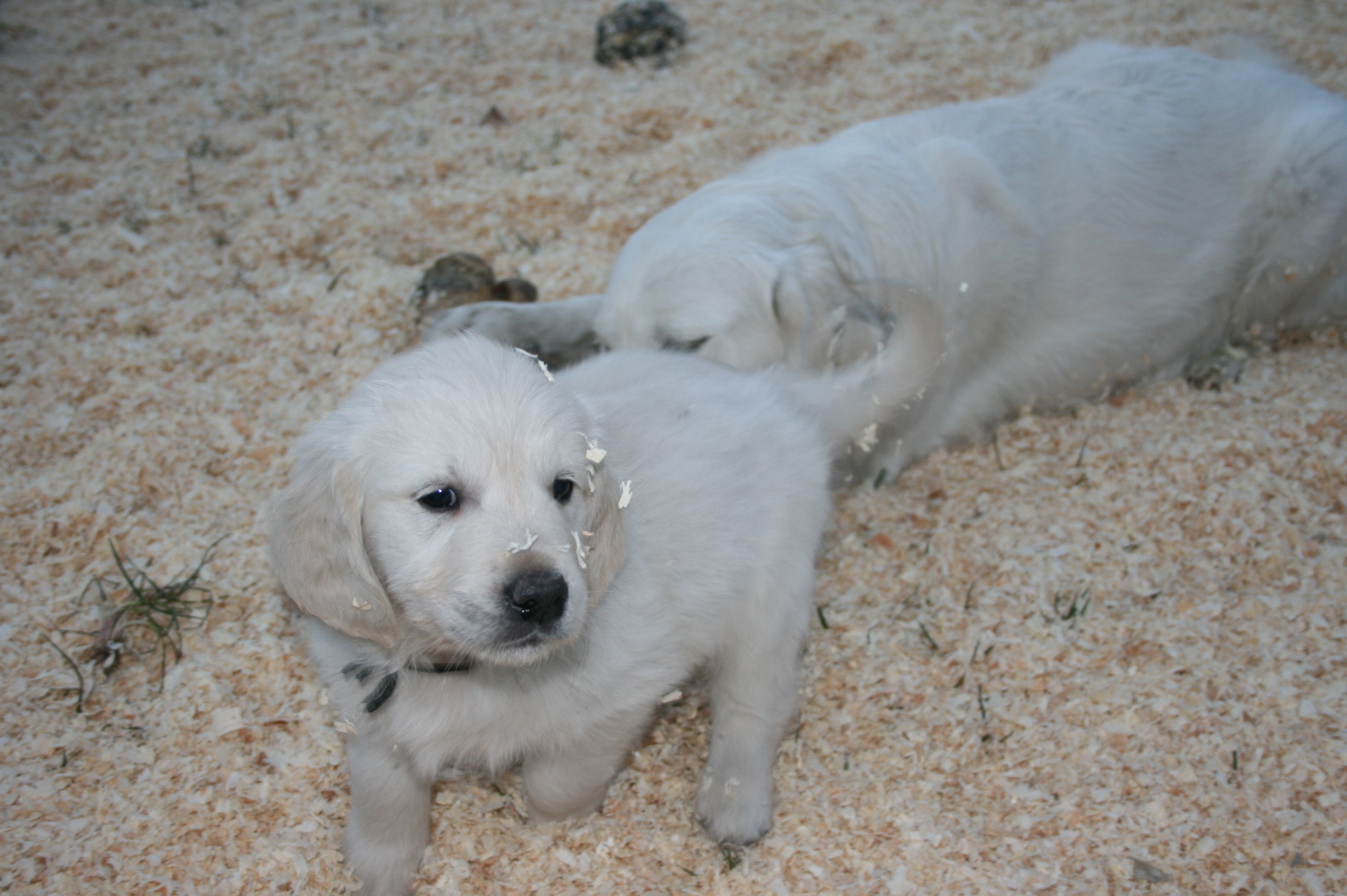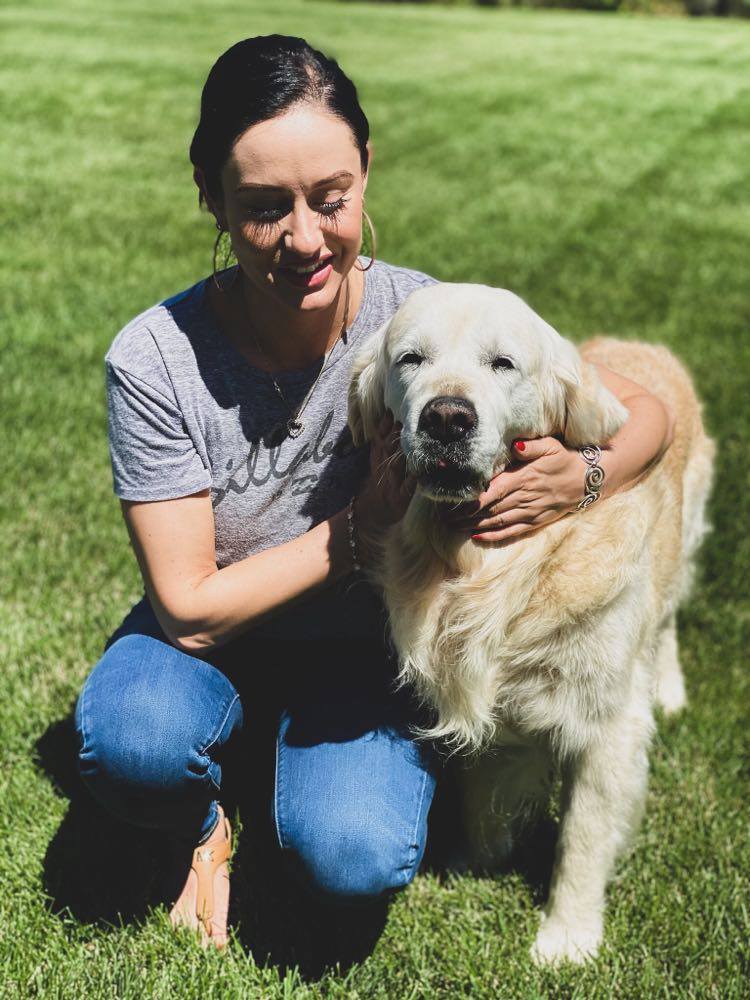If you have a puppy, socialization should be your main focus in the weeks and months to come.
Puppy socialization is defined as low-stress exposure to various aspects of everyday life – people, dogs, surfaces, noises, etc. Always make sure it’s not a stressful event and that your puppy has as much control over her experience of the situation as possible.
Puppies that are not well-socialized often have problems with aggression, fear, or manners later. Under-socialized dogs are often not comfortable with the world they live in and are less able to cope with change than they should be. Many dogs at the shelter that look abused were actually just under-socialized as puppies. People are often afraid of the germs that their puppy might encounter when they are out in the world, but the major killer of dogs in the U.S. is not disease, it’s behavior, which is directly correlated to puppy socialization. For most of the dogs, that could have been changed with early socialization and puppy training.
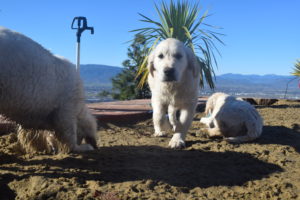
Socialize your puppy now in a positive way. Because of our current understanding of the importance of behavior, and because of vaccine advancements, we start socializing puppies earlier than we used to. Most of the new puppy vaccines can be given starting at 6 weeks old, and start being effective for relatively clean environments about 10 days later. Previous vaccines would fight with the immunization given by the mother and thus lose effectiveness, but newer vaccines have solved this problem, so we can vaccinate earlier than we could years ago.
After your puppy gets his first round of shots, he is ready to be carefully exposed to the world. We still need to minimize risks for disease until the vaccinations are complete (usually 3 sets of combo shots) and keep the socialization fun for your puppy. That’s the key to everything – socialization is a fun, confidence-building experience for your puppy.
The American Veterinary Society of Animal Behavior recommends starting puppy classes 7 days after your puppy’s first set of shots, in most cases.
Your puppy is learning and socializing right now, every second that she’s awake. People used to say that you couldn’t start obedience training with a puppy until it was six months old. With positive training methods, you don’t have to wait. Using positive training, some Retriever breeders send home English Cream Golden Retriever puppies that already know how to sit on cue. That’s just one more reason to be dog-friendly – you can teach your puppy manners now! You can and should start teaching your puppy basic cues, like sit, down, etc. using a clicker or just using treats and praise. But your main focus during puppyhood should not be on manners or ‘obedience’, but rather on socialization with other puppies, dogs, humans, surfaces, sounds, and more.
First impressions are strong; events that they experience in this time period (especially scary ones) will stick with them forever.
Puppies are socialization sponges. First impressions are strong, events that they experience in this time period (especially scary ones) will stick with them forever. Sources differ, but many say that the primary socialization period is up until 12 weeks. From 12-16 weeks, they are learning as well, but not as quickly as they did up to 12 weeks. Every new experience for your puppy should be positive — accompanied by treats, praise, and/or fun. Up until 6 months, you should only have your puppy in socializing environments that you have solid control over.
Socialize with dogs in a positive puppy training class, a puppy play group, or a neighbor’s yard, not the dog park! One recent study found that dogs about 6 month of age were the target for the most aggression in the park, more than any other age group. Once your dog is old enough to go to the dog park, and you decide it’s worth the risk, protect him from harm by moving along, not letting him get harassed by other dogs, etc. If you have a small-breed dog, you should probably wait even longer than six months. There are opportunities for play and socialization outside of the park, and you should take advantage of them.
Many people are surprised to learn that the full socialization period for a puppy is two years! But your dog will be your companion for 10 to 15 more years! Why not invest some time in her now?
What sort of things should you socialize your new puppy to? Everything!! Your puppy should experience a bit of cold, funny noises, strange hats, interesting textures, calm restraint (praise and release it when puppy is calm, but let go immediately if puppy is scared), other dogs (your own dogs are not enough!) and many other things.
Puppies should also learn to stop mouthing, gradually. All of these topics in a good puppy socialization class, but you should start with exposing your puppy to new things now. Socialization doesn’t just mean play.
Showing your puppy the positive side of life is useful, but what about the times when you want to tell your puppy no? For starters, you don’t have to shout or scare the puppy. If you feel the need to punish your puppy, you can do so by saying (not shouting), “no” and leaving the room (social punishment). But you would be surprised at how effective it is to tell your puppy “yes!” instead. What I mean by that is to show your puppy what you do want him to do.
How do I do that? For example, to house train your puppy, show him where to eliminate and give him praise and a treat for going in the right spot. If you’re sure he’s about to go, you can say a cue first, like “be quick” or “go potty.” It sure beats telling him, one square foot at a time, to not use your carpet as a toilet. If you ever catch him in the act, don’t yell at him or rub his nose in it. Simply say, “No, Outside.” Then take your puppy to the yard and praise him for being so clever when he pees outside. The “no” is disapproving, but your puppy should not fear for his safety. All that will get you is a puppy who goes behind the couch or out of sight to eliminate.
People often say “She knows she’s not supposed to go inside – she does it when I’m not looking!” But your puppy isn’t thinking right or wrong, as in “I would be morally superior to pee outside, I just don’t want to.” She just knows it’s not SAFE to eliminate in the house NEAR YOU. She also thinks you’re a bit scary sometimes, and isn’t sure why.
Even if you’ve had puppies before, or you have other dogs in your house, it’s a great idea to attend a positive puppy training class or at least the puppy play times. You might also want to find a few playmates for your new puppy.
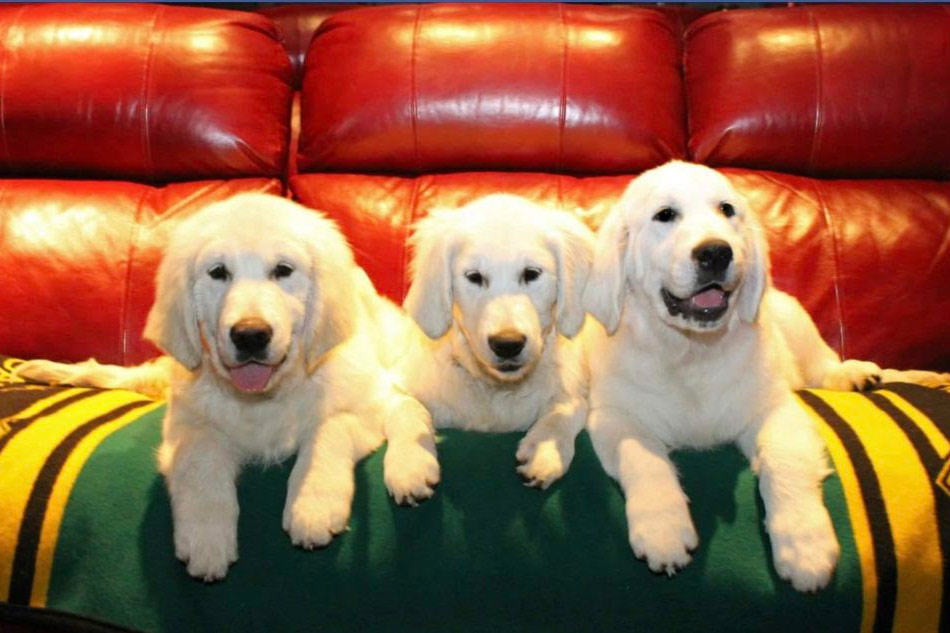
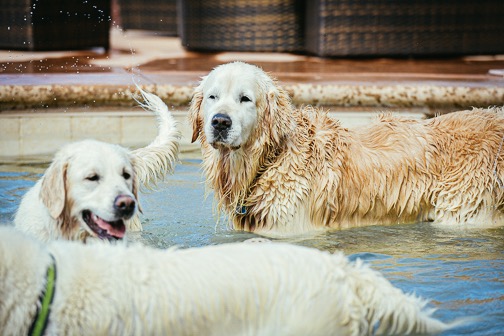
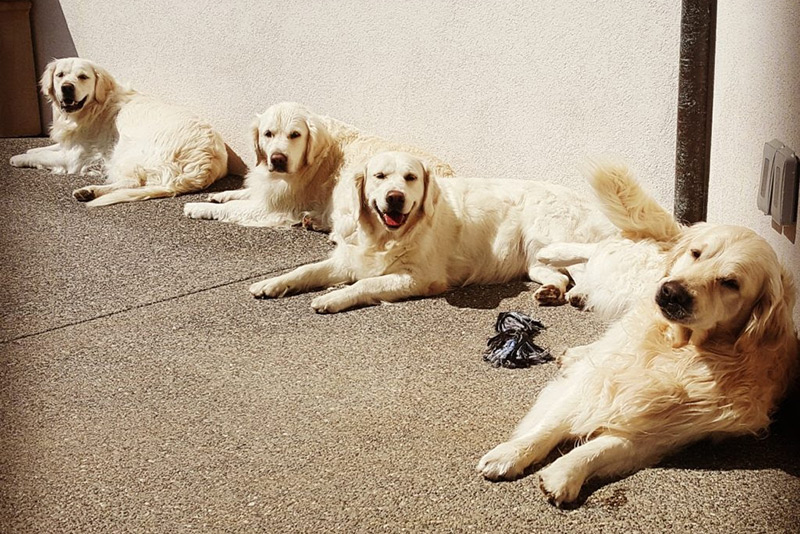
Putting these helpful tips into practice with your pup will insure your puppy is on the right track to being well socialized.

